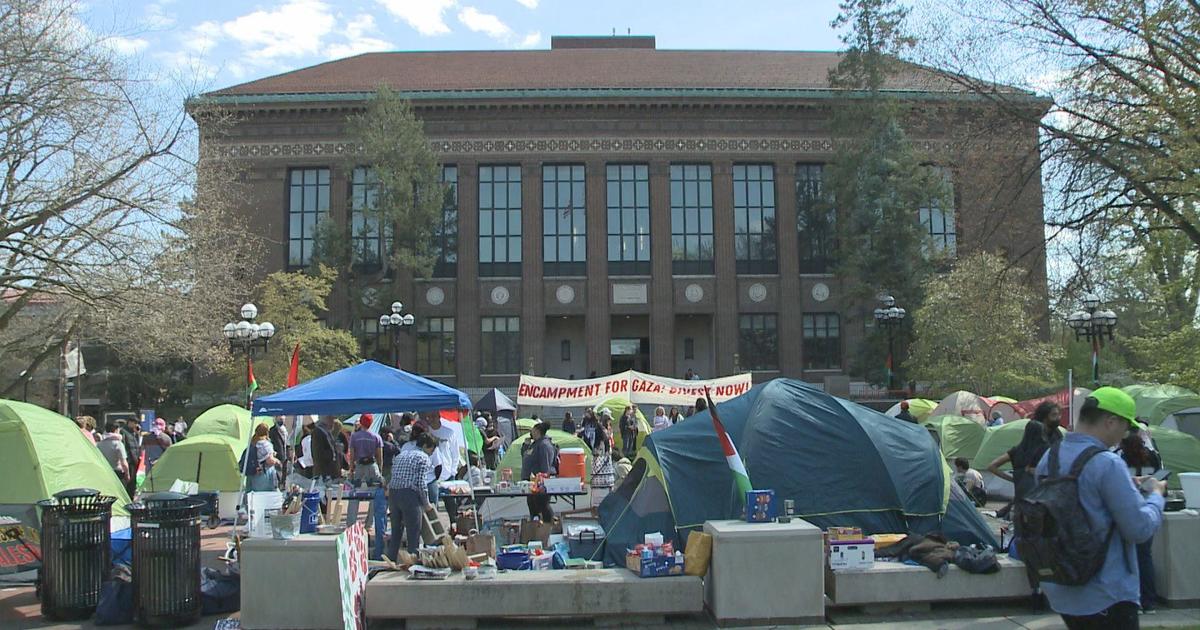Study: Fatter Politicians Get Fewer Votes
HOLLAND, Mich. (WWJ) - A politician's weight can affect whether or not he or she gets votes.
That according to a first of its kind study that show candidates who are larger are less likely to win in the election.
For the study, author Patricia Roehling — a professor at Hope College in Holland, Michigan — and her husband, a Michigan State University professor, looked at U.S. Senate elections from 2008 and 2012.
"Weight is part of that impression that people form about others," Roehling told WWJ Newsradio 950's Zahra Huber. "And research has shown that people have stereotypes about obese and overweight people, and generally they're seen as being undisciplined and less conscientious than others."
Roehling says that those who are overweight often have a hard time even getting into the candidate pool.
She cited an example of a politician who has lost weight: New Jersey's governor.
"One indication that somebody's gonna run for office generally tends to be that they lose weight. And, as a matter of fact, Chris Christie recently went through that lap band surgery to lose weight, which tells me that that was something he was probably thinking about," Roehling said
Roehling said there's an even greater disparity between male and female candidates who are overweight — probably because women are judged more than men, based on their looks.
"In terms of who becomes a candidate, a lot of overweight men become candidates, but very few overweight women become candidates," she said.
However, when it came to election time, both male and female candidates —whether obese or simply overweight — got a lower share of the vote total than their more slender opponents.
The study was published online in May in the research journal Equality, Diversity and Inclusion.



